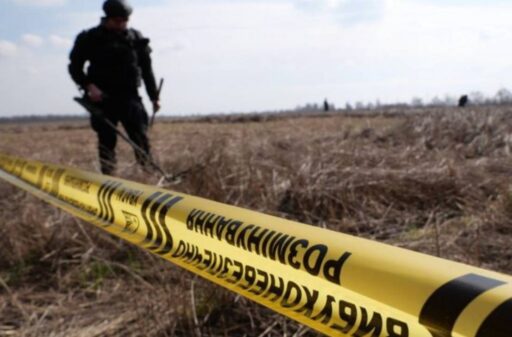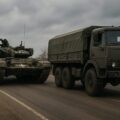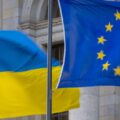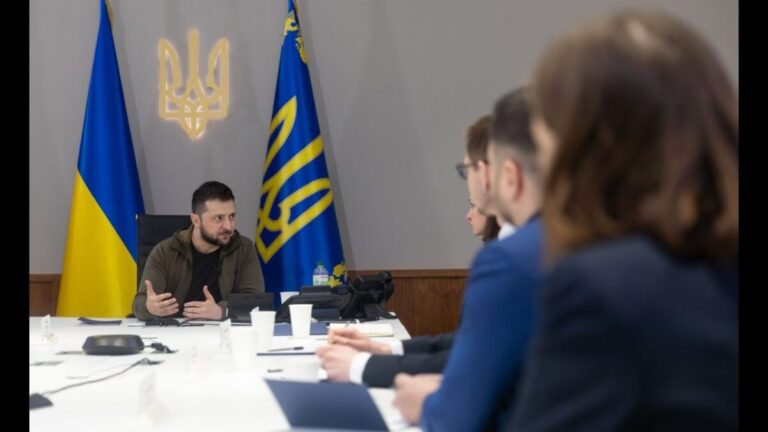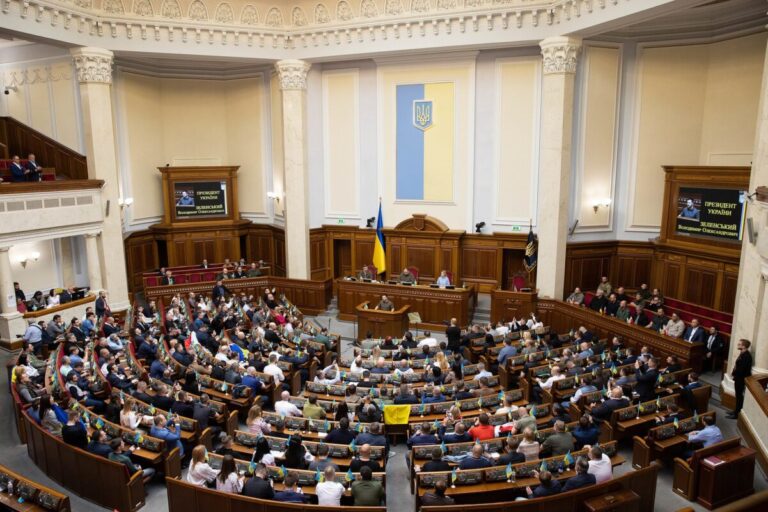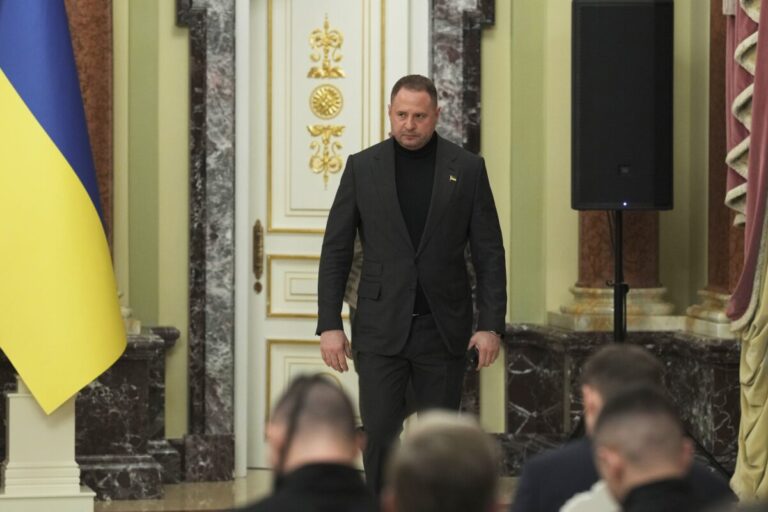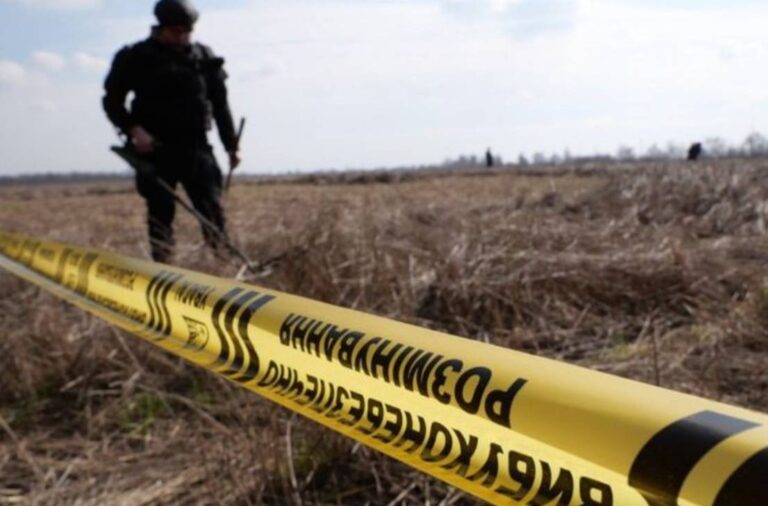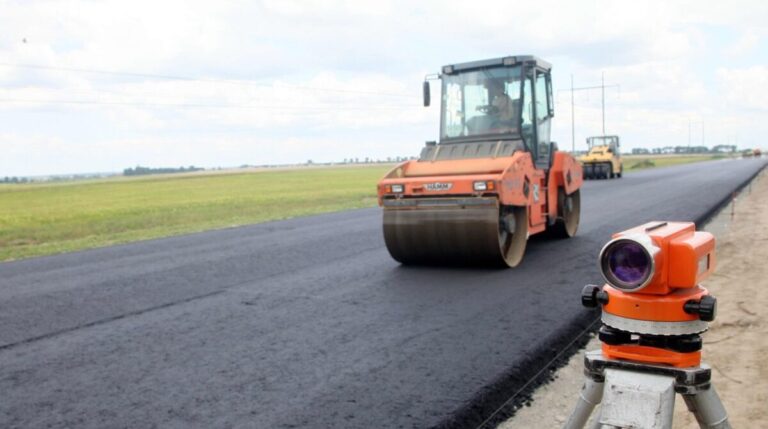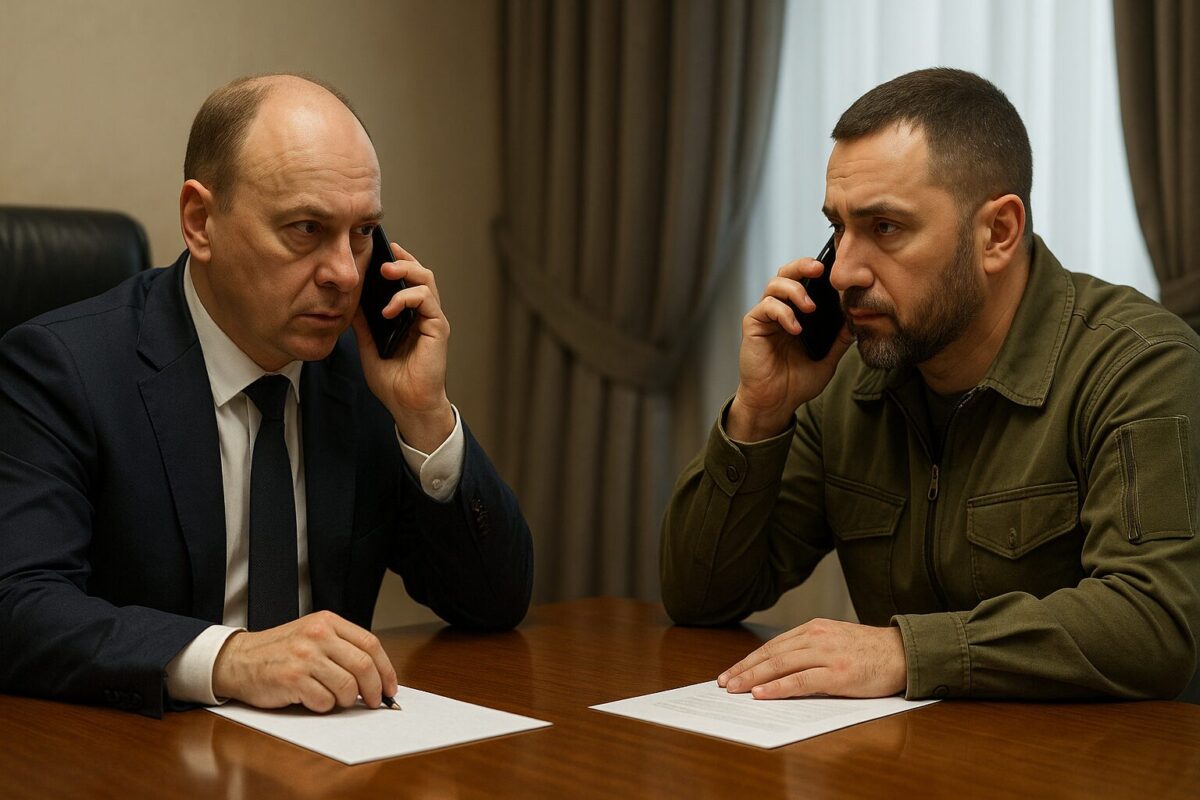
Ukraine–Russia Talks: What Medinsky’s Call to Umerov Really Means
Another round of peace talks is being prepared in Istanbul. But behind the diplomatic statements lie conflicting narratives, blurred timelines, and a growing risk that Ukraine may lose the initiative.
A Call That Raised More Questions Than Answers
In late May 2025, Vladimir Medinsky, head of the Russian delegation to peace talks, claimed he had a phone call with Ukraine’s Defense Minister Rustem Umerov. According to Medinsky, he initiated the contact, proposed a time and place for the next round of negotiations, and shared a Russian memorandum outlining conditions for a ceasefire.
Kyiv disputes that version. President Volodymyr Zelensky stated that Umerov himself reached out to the Russian side after Moscow failed to deliver a document it had promised during a prior exchange of prisoners on May 16 in Istanbul.
Two stories — two logics. At stake is not just who said what, but who appears to be pushing for peace. For both sides, public messaging is part of the battlefield.
What We Know: Time, Format, Expectations
- Next meeting: Tentatively June 2, 2025, in Istanbul
- Format: Exchange of documents outlining each side’s vision of a ceasefire
- No official involvement of third-party mediators, according to Russian MFA spokesperson Maria Zakharova
- Ukraine has submitted its version; Russia says it will present its own on-site
That’s where consensus ends.
Political Messaging: Parallel Narratives
Russia: Performing Constructiveness, on Its Terms
Medinsky says Russia is ready to discuss every point of its proposal immediately — if Ukraine shows up. This framing implies openness, but in reality, it sets a trap: either Ukraine complies with Russia’s terms and timing, or risks being accused of obstructing peace.
Zakharova reinforced this by stating that no agreements were made regarding third-party mediation, suggesting Russia prefers full control over the process.
Ukraine: Waiting for Substance, Not Spectacle
Kyiv’s position is deliberately restrained. The Ukrainian side has already sent its document and is waiting for Moscow’s response. There is no insistence on a specific date or format — only clarity on whether Russia is serious about moving forward.
Zelensky put it plainly: “They said they’d send their proposals. We’ll read them and respond. That’s all.”
What Are These “Memorandums”?
No version of either side’s document has been made public. But several things are clear:
- The memorandums reflect each party’s position on the structure and conditions of a ceasefire
- Key issues likely include security guarantees, territorial claims, and potential summit talks
- The U.S. is not formally involved in drafting or reviewing documents, though National Security Advisor Keith Kellogg said he received Ukraine’s proposal
Zakharova dismissed that claim, saying Russia “has no idea what Ukraine sent to whom.”
This again highlights the narrative competition: both sides want to be seen as constructive — but without ceding leverage.
Revelant
What’s at Stake for Ukraine
Russia’s sudden activity — even if superficial — can be used to frame Moscow as the peace-seeking party, especially in a geopolitical climate where Western unity is eroding. Former U.S. President Donald Trump’s recent comments questioning new sanctions only amplify this risk.
If Ukraine fails to respond publicly and quickly to distorted narratives, the Kremlin may exploit the silence:
“We offered peace — they refused.”
And if Ukraine declines to attend a meeting unilaterally scheduled by Russia, Moscow could claim Kyiv is dragging its feet, even though no formal agreement exists on dates.
A Call Is Not a Breakthrough
A phone call doesn’t mean negotiations are progressing.
An exchanged document doesn’t mean a deal is near.
And Medinsky’s words don’t mean Russia’s position has changed.
But even so, the call is significant: it shows that the diplomatic phase of the war remains active, and must be taken seriously — not only on the battlefield but in the realm of strategy and communication.
Preparation Is Already Part of the Game
Russia offers a date. Ukraine sends its proposal. Both sides plan to meet. But none of this means peace is closer — or even likely. This is a new round of strategic positioning, and every word counts.
In this war, diplomacy isn’t separate from conflict.
It is another front.


